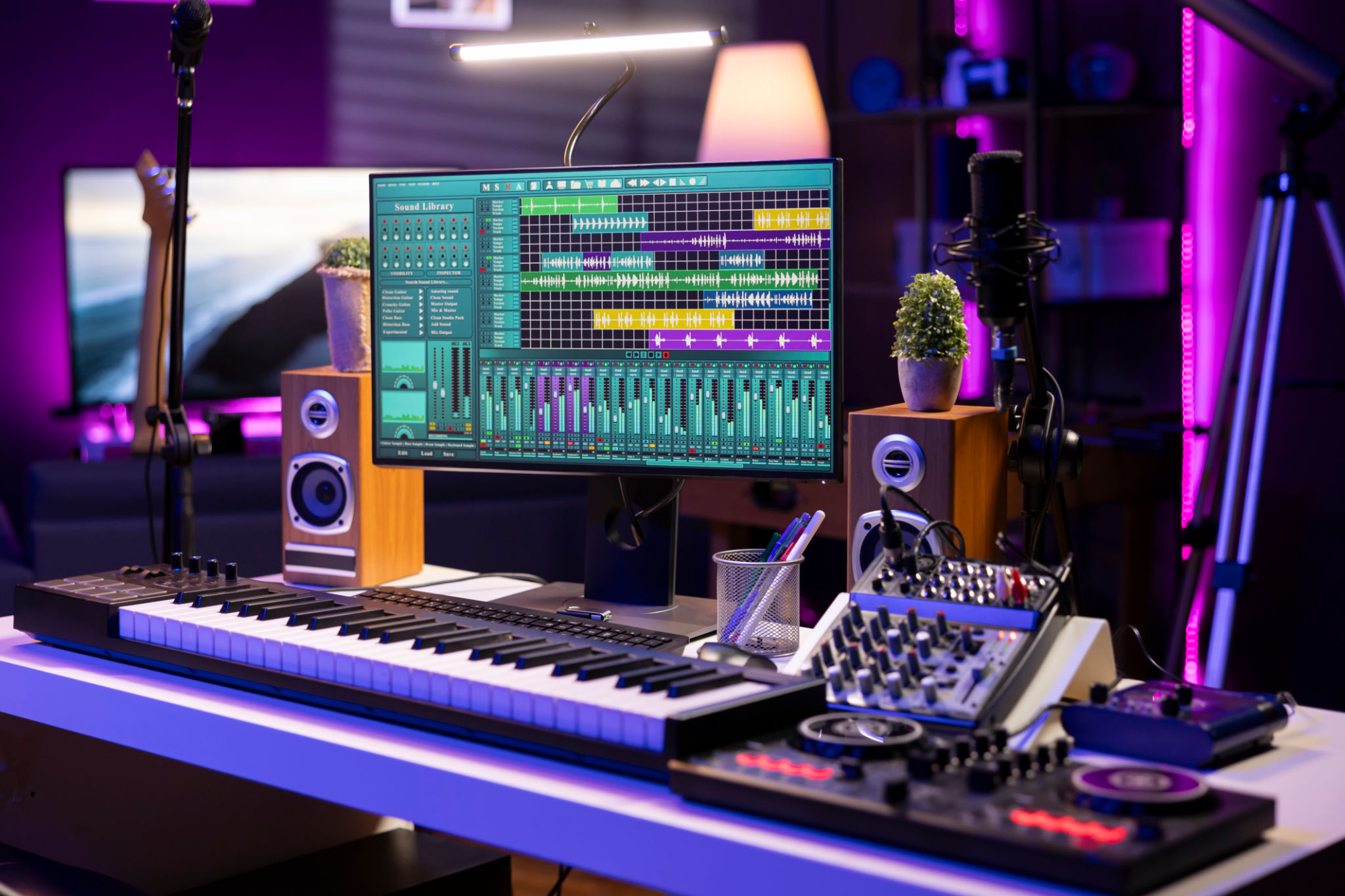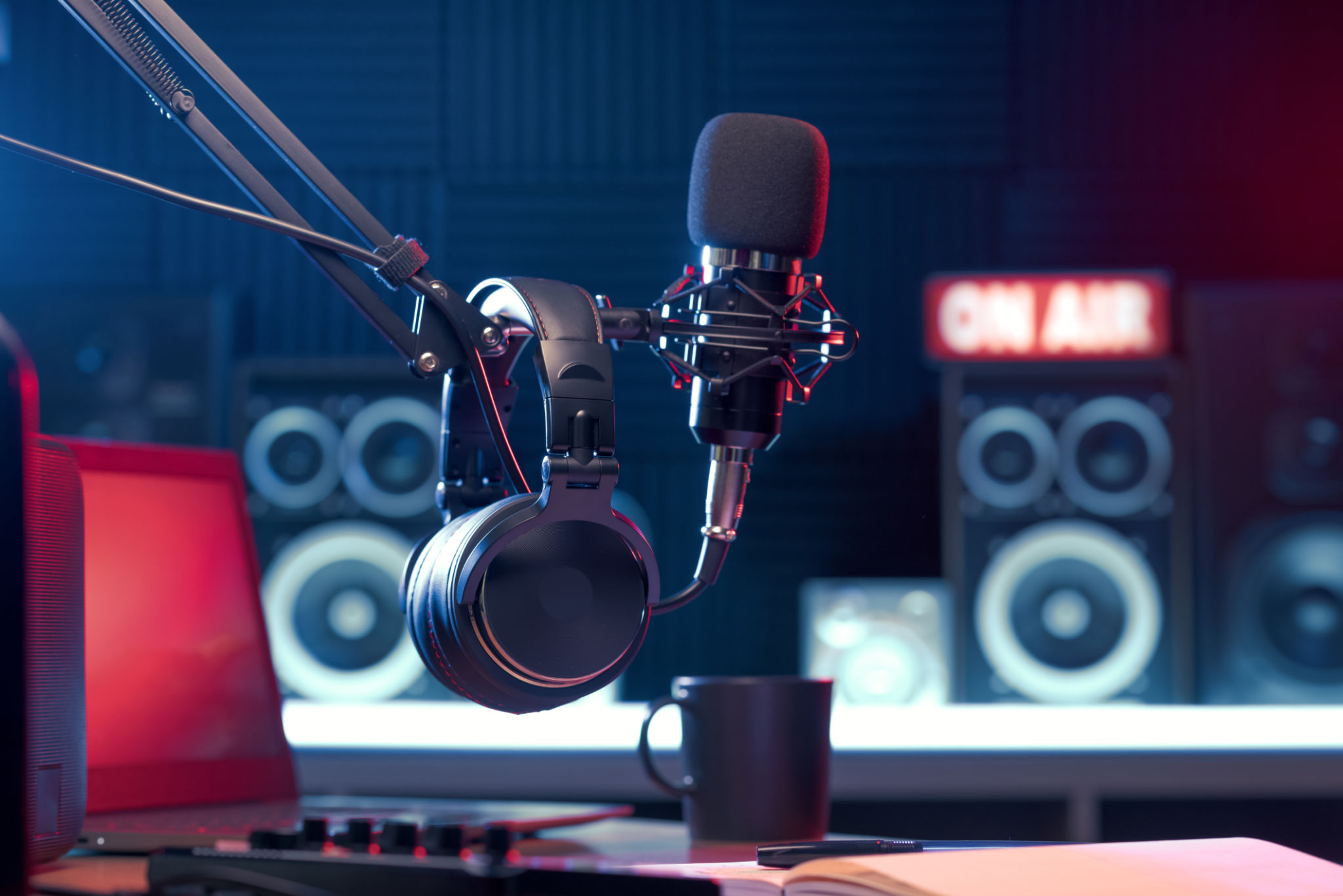Mobile Podcast Studio vs. Traditional Studio: Which is Right for You?
Understanding Mobile Podcast Studios
The rise of podcasting has brought about innovative ways to produce and distribute content. One such innovation is the mobile podcast studio. Unlike traditional setups, mobile studios offer podcasters the flexibility to record anywhere, anytime, using compact, portable equipment. This setup is ideal for those who are constantly on the move and require a versatile recording solution.
Mobile podcast studios typically include a laptop or tablet, a USB microphone, headphones, and audio editing software. These components are easy to pack and set up, making them perfect for podcasters who travel frequently or work in various locations. With the advancement in technology, the quality of recordings from mobile studios can rival that of traditional setups.

Advantages of Mobile Podcast Studios
The primary advantage of a mobile podcast studio is its portability. You can record in a coffee shop, at a conference, or even in a car, provided you have the necessary equipment. This flexibility allows for more dynamic content creation, as podcasters can capture interviews and ambient sounds that enrich their episodes.
Moreover, mobile studios are often more cost-effective. They require less investment in equipment and studio space, making them accessible to beginners and hobbyists. The simplicity of setting up a mobile studio also means less time spent on technical issues and more time focusing on content creation.

Exploring Traditional Podcast Studios
Traditional podcast studios are typically equipped with high-end microphones, soundproofing materials, mixing consoles, and other professional-grade hardware. These studios are designed to provide the best acoustics and sound quality possible. They are often used by established podcasters who prioritize production value.
While traditional studios may lack the portability of their mobile counterparts, they offer a controlled environment that minimizes background noise and echoes. This control is crucial for producing polished and professional-sounding podcasts. Additionally, traditional studios often come with technical support staff who can assist with setup and troubleshooting.

Benefits of Traditional Podcast Studios
The most significant benefit of a traditional podcast studio is the superior audio quality. The controlled environment ensures clear sound without distractions or interruptions. This level of quality can be crucial for podcasts that require precise audio detail, such as storytelling or investigative series.
Furthermore, traditional studios offer a sense of professionalism. The dedicated space helps hosts and guests get into the right mindset for recording. It also provides opportunities for collaboration with other creators who may share the same space.
Which is Right for You?
Choosing between a mobile podcast studio and a traditional one depends on your specific needs and resources. If you value flexibility and need an affordable solution, a mobile studio might be your best option. However, if you aim for the highest audio quality and have access to a dedicated space, a traditional studio could better suit your needs.
Consider your budget, content style, and recording frequency when making your decision. Experimenting with both setups might also help determine which aligns best with your podcasting goals.

